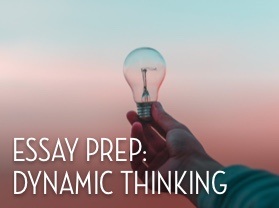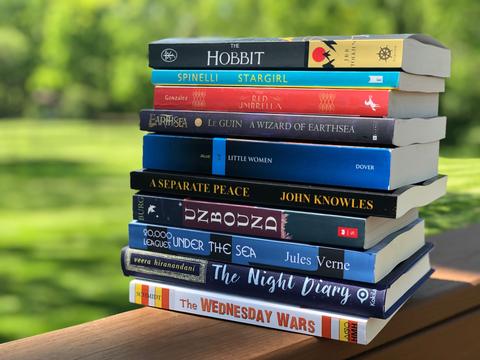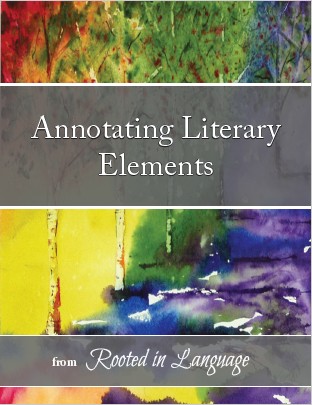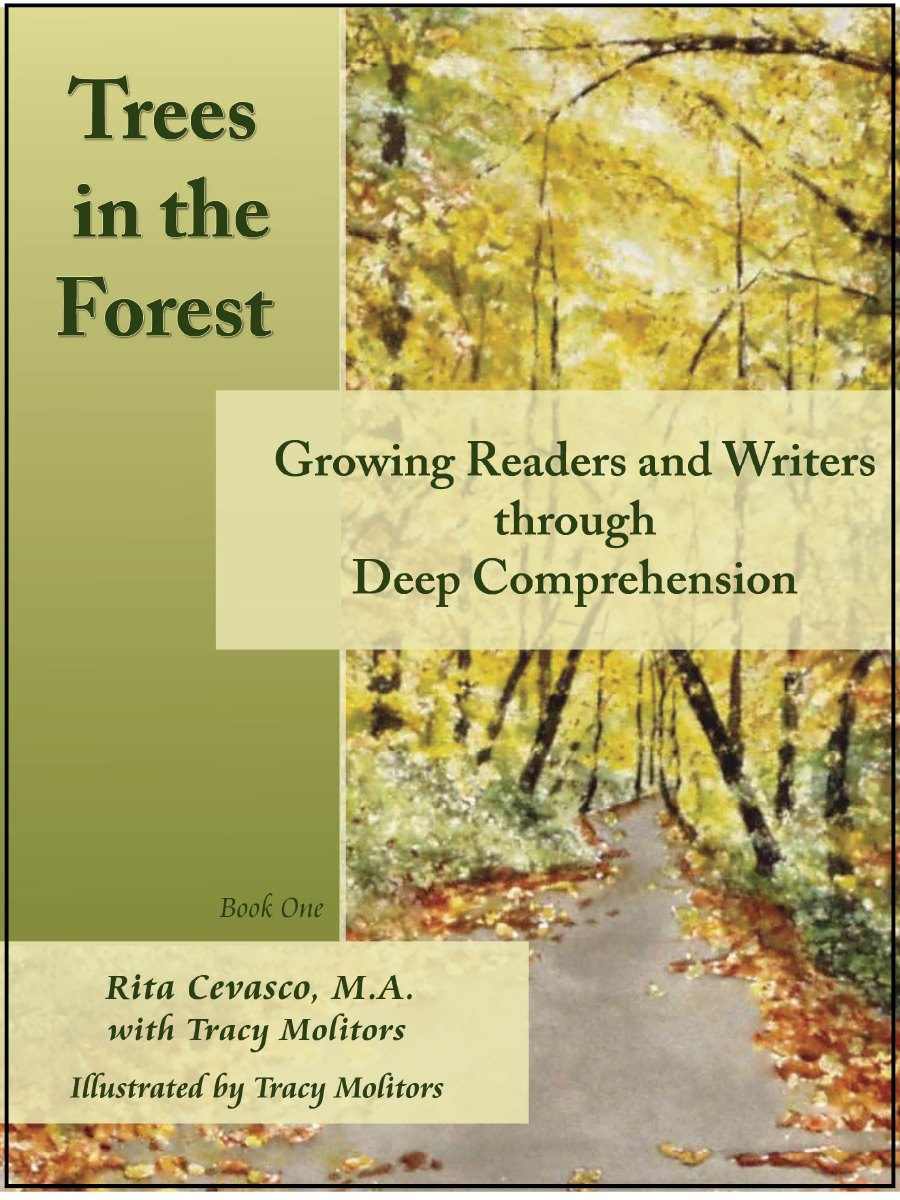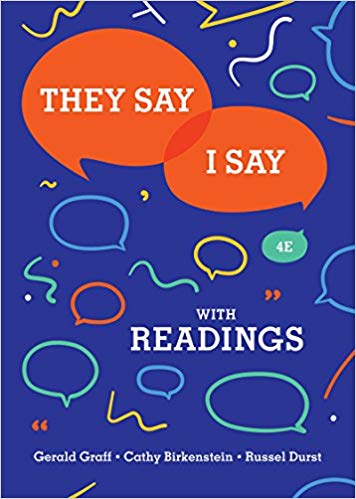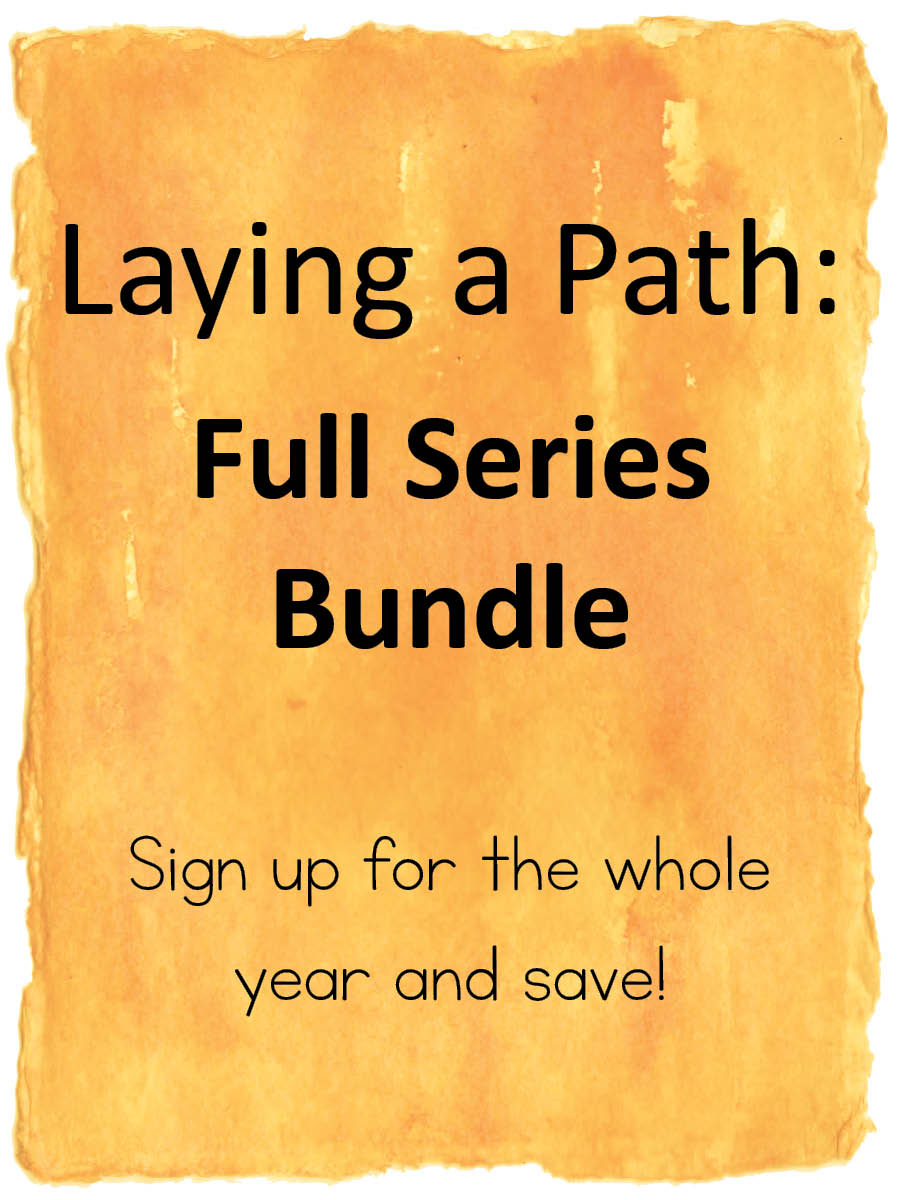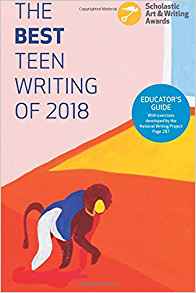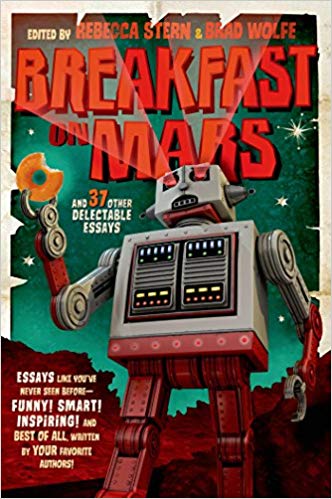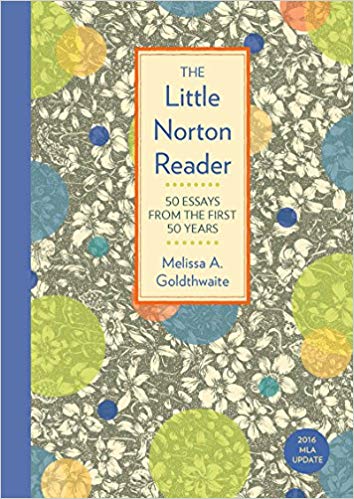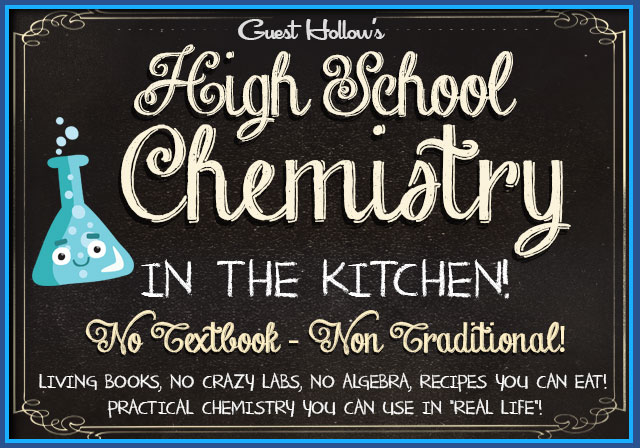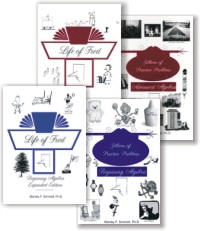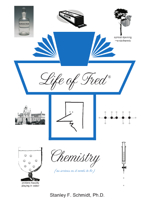Homeschooling Curriculum Plan for High School - 8th + 9th Grades
After completing the planning process described in my last post, I knew I wanted to work through an interdisciplinary curriculum centered around chemistry - learning the fundamentals, experimenting in ways that are relevant to our lives, understanding how it has shown up historically, and digging into the math that underlies scientific principles. We will continuing to work through the Life of Fred high school math books at a pace that feels good, because it allows for mastery. Another major focus is on learning to write well by reading great literature and breaking down the mechanics of solid writing. And to complement this, I wanted to start a study of US history that would make it come alive, and to help my kids understand the complexity of our country's founding and to question the narrative that has been offered in the culture.
The intentions I created after working through the Brave Writer planning exercises, will serve as a guidepost for our 8th/9th grade school year. I'll walk you through each intention and discuss the curriculum I plan to use to support each.
Writing with clarity and power
Clarity is one of the leadership skills identified in the book, Leaders Make the Future, and is something I want to cultivate throughout their high school experience. My favorite writing curriculums are much about thinking and reading closely as they are about the mechanics of writing or argument. So we are planning to use Brave Writer's Boomerang discussion guides to read and analyze great literature. Using these discussion guides along with the techniques from Annotating Literary Elements and Trees in the Forest will help us think deeply about what we read and offer reflection opportunities, without me having to do a bunch of prep work. Since we've already read a handful of books selected with the 2019 Boomerang pack, we decided to pick some books from the archive of single-issue discussion guides if they are available. I organized these in literary pairs/triads so that we could discuss a genre or issue more deeply throughout the year:
Growing up: Moon Over Manifest and Condoleezza Rice's memoir
Immigration & family: Joy Luck Club and The Red Umbrella
Civilization and human nature: Lord of the Flies, Wingmen, and Ishmael
Fantasy & adventure: The Magician's Nephew, The Wizard of Earthsea, and 20,000 Leagues Under the Sea
Because we struggled working through the Help for High School curriculum on our own last year, I've planned additional levels of support:
My kids will take the online Essay Prep classes with Brave Writer this fall and winter to immerse themselves with solid essays, develop dynamic thinking skills, and learn about research and citation.
I will take Rooted in Language's Laying a Path teacher training. Both represent a significant investment for us, but I've decided to spend the first couple of years of high school nailing down essay writing and improving reading comprehension, so that the latter high school years can be spent developing critical thinking and argument skills.
We will use the They Say/I Say templates to practice summarizing, quoting, and responding to ideas in our writing. I also intend to read tons of great teen essays, so that we feel confident in the writing form before doing a ton of academic writing on their own. I am planning to pull from the Best Teen Writing series, Breakfast From Mars, and The Little Norton Reader as well as pulling magazine articles. My hope is that we can read and analyze one essay each week throughout the year.
In a dream world, we will write a couple times a week to build our summarizing muscles and work through the fear of a blank page. I am planning to have my kids write 2-3 formal essays this year, so we will see how much writing we are up for on a daily basis. A couple of times a month, we will host a poetry teatime, where we make treats and read poetry together in a relaxed way. I can potentially use a poem we read in a future writing lesson as a tool to analyze and explore literary elements and play with words, using the resource Poems are Teachers. I'm also looking for Shakespeare plays to attend throughout the year, since teaching Shakespeare is terrifying to me right now.
Explore chemistry through the kitchen
Developing scientific thinking skills is also a top priority for our family. The science curriculum we've used in the past has felt like work, especially for my creative daughter. So I'm excited about using this year to study science in a way that she will find fun and feel is relevant. We will use Guest Hollow's High School Chemistry in the Kitchen coursework. The book list is outstanding, and there is a ton of extra resources that will allow us to do additional coursework in social studies to look at connections to life and history. We will also connect mathematical ideas (and practice conversion factors!) using the Life of Fred Chemistry curriculum on fridays instead of our usual math work. The idea of doing math together one day a week is very exciting to my daughter, who likes that she is doing the same coursework as her brother.
Study Early American History through great books and documentaries
I wanted to connect to this specific period of time using literature and biographies. I purchased the Beautiful Feet Books Early American and World History bundle as a jumping off point, because it sounded ideal for our morning time, snuggling on the couch and starting slow. I also planned to work through a writing project using biography to get to know a historical figure better. But once the curriculum came, I realized that it was very white-centered, and the idea of reading through a chronological list of dates and people did not sound like a fun way to engage this topic.
After much consideration and some initial research, I'm ditching this formal study this year. As I did some more research, I was surprised by the lack of resources that are secular and multi-cultural, and I want to take more time to be thoughtful about this. In my next post, I will share some of the resources I'm using to design this curriculum for next year.
So, my intention for history has evolved a bit and instead we plan to...
Explore the relationship of chemistry in historical events and real life
Instead, we will dive deeper into the chemistry coursework. I want to explore the idea that everything is related in life, and that studying something in isolation can provide a skewed perspective. Another leadership skill from the book Leaders Make the Future is immersive learning ability - which is the ability to immerse yourself in unfamiliar environments, to learn from them in a first-person way. This seems like a great opportunity to play with that idea in a deeper way.
We will read the following books together on the Guest Hollow’s suggested schedule:
Radioactive: Marie & Pierre Curie: A Tale of Love and Fallout
Stuff Matters: Exploring the Marvelous Materials That Shape our Man-Made World
Pandora's Lunchbox: How Processed Food Took Over the American Meal
Missing Microbes: How the Overuse of Antibiotics is Fueling Our Modern Plagues
Rare: The High-Stakes Race to Satisfy Our Need for the Scarcest Metals on Earth
Chilled: How Refrigeration Changed the World and Might Do So Again
The Invention of Air: A Story of Science, Faith, Revolution, and the Birth of America
Creations of Fire: Chemistry's Lively History from Alchemy to the Atomic Age
Once I let go of the idea that I had to follow a typical high school progression of formal history and embraced a more interdisciplinary approach, I felt a sigh of relief. With the presidential election coming up, I had grand plans of revisiting our founding father's intentions this year, and then in the fall doing a civics and government course. And while that would have been ideal, I'm planning to use current events and our other readings as a jumping off point to explore those issues in a deeper and more relevant way on the fly.
We will watch CNN10 each morning together as we have breakfast as a way to stay abreast of current events, and we listen to The Daily podcast to explore an issue more deeply on our way to activities. We also enjoy attending the National Geographic Live! lecture series that comes to Seattle each year. As we go along, I want to identify 4 projects that will make our learning visible, and could serve as portfolio pieces - potential videos, posters, lapbooks, or more formal writing assignments.
Fulfill high-school requirements in a playful and curious way
Keeping an eye toward college entrance requirements, we will study Spanish online using fluenz and I plan to find local meetups and cultural opportunities and festivals to experience the language more directly.
We will continue taking piano lessons weekly and attending concerts of interest. I plan to find opportunities to play with art, either online or spontaneously, as this has not been a problem for us in the past. Between nature drawing, painting, knitting, weaving, digital illustration, we have plenty of options to be creative and make cool things in the afternoon. In the past this has been more structured, but we are having a bit of rebellious streak and I want to see how it goes this year following our interests and inspiration. We will also attend our local museum and go to the Seattle Art Museum a few times during the school year. While I love museums, my kids don't as much and I want to find other opportunities or experiences for them that will be more engaging.
Develop skills to be happy and healthy leaders
In addition to more formal studies, I plan to proactively teach about and practice:
Emotional intelligence and regulation
Goal-setting, intentionality, productivity
Self-awareness and self-compassion
Physical health, stress management, and recreation.
Relationships and acts of service.
Routine over schedule: How our days flow
My goal is to have no more than 3 hours of formal lessons each day, because that's the amount of quality focus and learning that we seem to achieve, even if I push and work longer. This allows free time for my teens to self-manage other responsibilities and have time to explore their interests or read books of their choosing. Teen brains still need 8-10 hours of sleep, so we intentionally don't get started early in the morning so that we can prioritize getting enough sleep. This has been the most important thing we've done to bring harmony to our homeschool - when everyone is well rested, we are ready to learn and less reactive to emotional triggers.
A typical day might flow like this:
Wake up by 9am, get dressed, have breakfast, and brush teeth
Watch CNN10 together and talk through assignments for the day
Tackle math. If we put it off until later in the day, there is a lot of complaining and it seems to take forever. So we are going to work on it first thing this year. Since it isn't a predictable amount of time to complete a lesson, when someone finishes before their sibling, they will take a shower, practice piano, do a spanish lesson, or help with housework to keep things moving. My kids are very motivated to finish their school day and chores as quickly as possible to preserve their free time in the afternoons.
Chemistry lessons: reading aloud together, experiment, lab notebook, cooking yummy food
Eat lunch and play outside
Literature read aloud and writing lessons
Activities and free play (ideally outside play before screen time). Whenever possible, I schedule all of our activities and appointments in the afternoons to protect our productive school time and sleep.
There you have it. This is the plan that I've mapped for our first year homeschooling high school. It will serve as an intention, and I will flow with our interests, moods, and energy levels throughout the year. We typically are able to finish 80% of what I set out to do each year. But taking the time to make a detailed plan like this in the summer, allows me to shift into execution mode and spend less time throughout the year preparing on the weekends and spend more time doing things that are fun for me and restorative.

